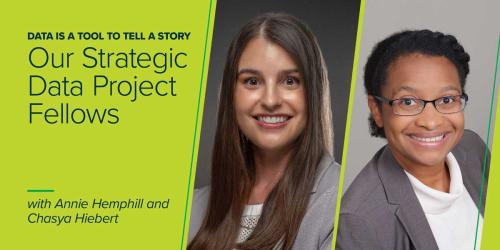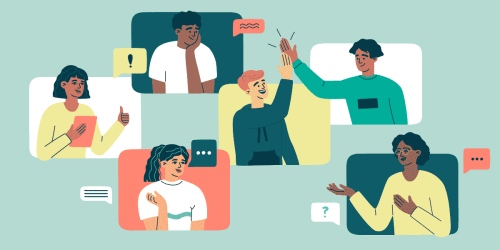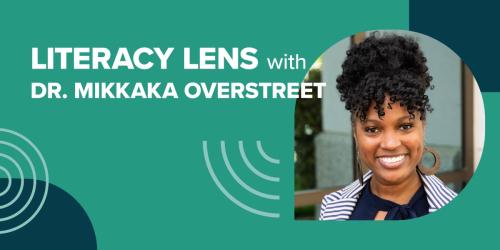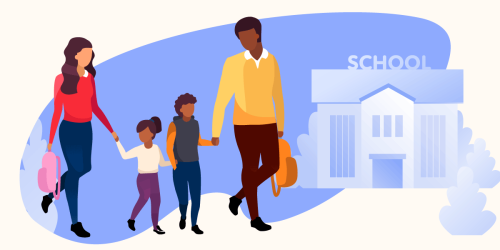State policies often make it difficult to meet the needs of students in alternative education. With our model, coalitions can lay the foundation for effective, meaningful policy change.
Lindsay Camp, a lead preschool teacher in Leavenworth, WA, shares her welcoming and inclusive approach to engaging all families, all year long.
This self-assessment helps districts plan an effective, systemwide approach to engaging families.
The City of Seattle partnered with families to fund organizations working on family-school partnerships. Here’s what we learned from the family-led process.
Our Collaborative Analysis Process engages community members in making meaning of data and setting priorities. Together, we build buy-in and momentum for change.
The Equity Model for Youth Mentoring—developed by Dr. Kristian Jones, EDNW’s Dr. Grace Gowdy, and Dr. Aisha Griffith—is guided by consideration of social justice and structural oppression.
Strategic Data Project Fellows Annie Hemphill and Chasya Hiebert reflect on what data is, why it matters, and how we can use it to help all learners.
Queer youth often seek out chosen family to help them in school and life. What can we learn from this part of queer culture about how to support young people?
Strong, trusting relationships between educators and families are foundational to educational equity. Indeed, students, families, schools, and communities benefit from strong family-school partnerships.
Researcher Grace Gowdy explores how informal mentoring relationships offer important lessons about promoting equity and youth voice.
In the United States today, more than four million young adults have disengaged from the K–12 education system without graduating or entering the workforce.
The public library remains one of the few spaces in our society that offers access to vital resources, without the requirement of spending money.
Education Northwest announces it has been awarded $5 million over five years to lead a collaborative effort establishing a Washington Statewide Family Engagement Center.
A collective, holistic approach to well-being in schools can lead to better working conditions for educators and better learning conditions for students.
In honor of National Mentoring Month, we reflect on the important role mentors play (especially during the COVID-19 pandemic) and provides some mentoring-related resources.















